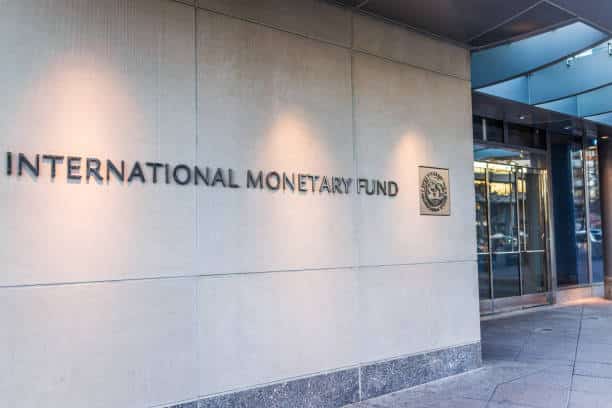IMF Head Urges For Clear Rules and Infrastructure to Curb Crypto Risks

Kristalina Georgieva, the managing director of the International Monetary Fund (IMF), addressed ways to curb cryptocurrency risks on financial stability.
Georgieva stressed that crypto assets need to be regulated with clear rules and infrastructure. Speaking at an international conference in Seoul on digital money, she warned that these asset classes could undermine macro-financial stability.
“Our goal is to make a more efficient, interoperable and accessible financial system by providing rules to avoid the risks of crypto, and infrastructure by leveraging some of its technologies.”
The two-day conference jointly hosted by the IMF along with the South Korean government, saw participants from the country’s finance ministry and the central bank. They will discuss measures for digital money, including regulatory frameworks as well as central bank digital currencies (CBDC).
The IMF chief warned that the increase in crypto adoption could “undermine macro-financial stability.”
“And crypto could undermine fiscal sustainability if tax collection became volatile or more difficult to enforce. That is a future we all want to avoid,” she added.
Future Lies in Digital Money
Georgieva also highlighted the positives that digital money holds for the future. She said that despite the challenges posed by high crypto adoption, “good rules can spur and guide innovation.”
Additionally, legitimate and consistent rules including clear anti-money laundering and taxation framework and good infrastructure are needed, she noted.
“For instance, banks are exploring new trading infrastructure using blockchain technology, refined and popularized by the crypto boom.”
Georgieva said that there is a “tremendous interest” in learning from emerging markets. She pointed out India specifically for its digital infrastructure. “Advanced economies’ experience in their own history of money is also very valuable experience,” she added.
Parallelly, Seoul’s finance minister Choo Kyung-ho substantiated Georgieva’s views, noting that digital money transition is already happening, and is “unstoppable.”
“Our goal is to establish sets of policy tools that not only support economic growth and financial innovation but also ensure reliability and stability.”
Choo also suggested setting up global standards through close collaboration with other jurisdictions, “considering that digital money knows no borders.”








